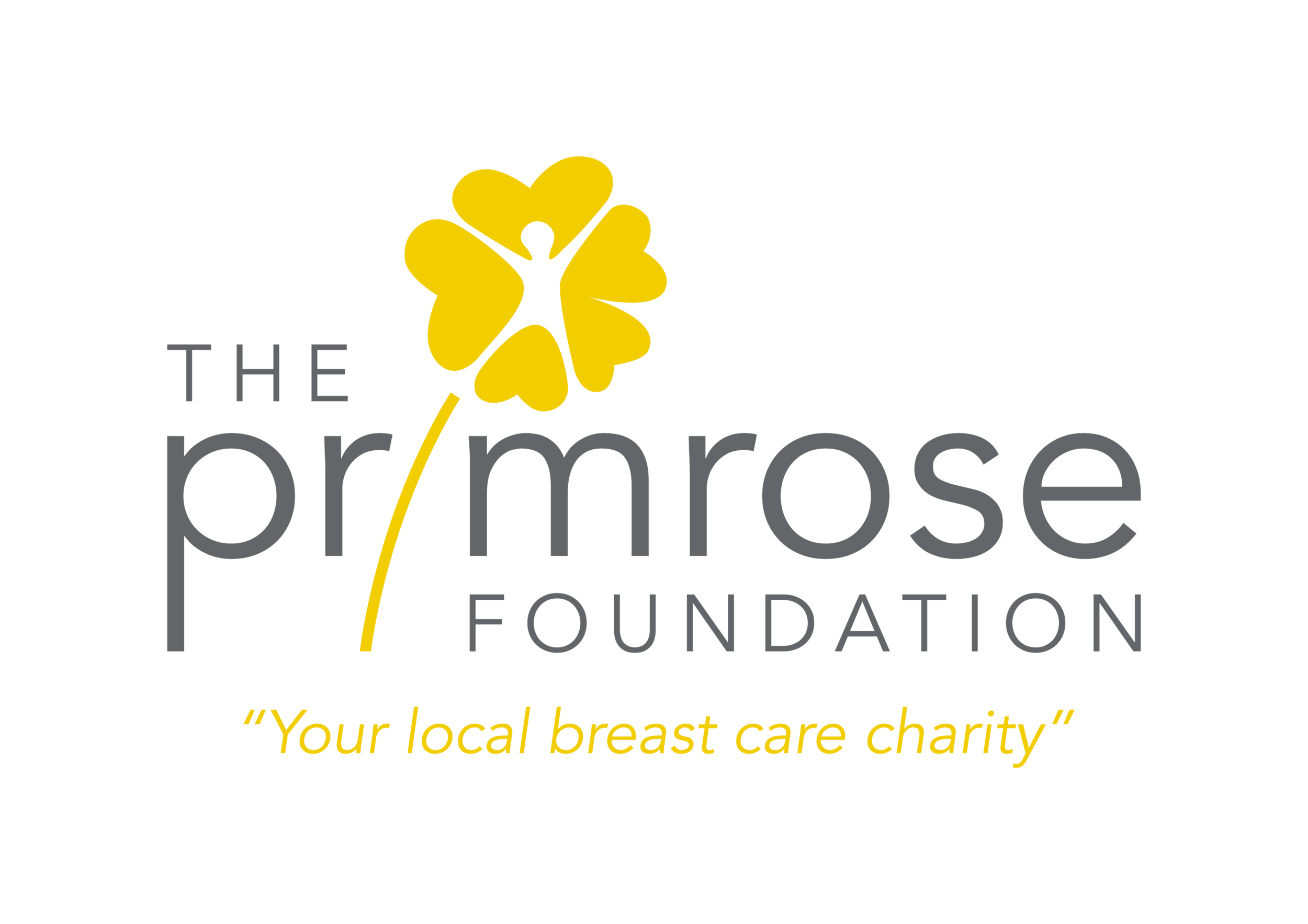Breast Cancer Awareness, Information & Statistics
Breast cancer is a disease that affects millions of us worldwide. Any individual with breast tissue from any race, religion, ethnicity and any sexual orientation can develop breast cancer.
Did you know that 1 in 7 UK females will be diagnosed with breast cancer in their lifetime? It can occur at any age, but studies have shown the risk of developing breast cancer increases as a person gets older.
According to Cancer Research UK, around 18% of breast cancers occur in women under the age of 50 and 82% in those aged 50 or older which is why our National Breast Screening service offers FREE breast screening for those aged 50+.
Research confirms that between 2016 – 2018 around 56,000 new cases of breast cancer were found every year in the UK and approximately 550 of these new cases were diagnosed at The Primrose Breast Care Centre, University Hospitals Plymouth.
Breast screening allows for any breast cancer to be detected at an earlier and smaller stage to enable more successful treatment.
In the UK, women aged between 50-53 will be invited for their first breast screen and they will continue to be invited every three years up until the age of 70 as part of the National Breast Screening programme.
The NHS breast screening programme offers screening to transwomen who had hormone treatment for breast development & people who transitioned to men who have not had breast surgery. However, you will only be automatically invited for screening if you are registered as a female with your GP. If you don’t want to be invited for breast screening, you will need to inform your local screening service to ‘opt out’.
Breast Cancer UK suggests that around 15-20% of men and women who are diagnosed with breast cancer will have a family history of the disease.
Some families may carry a genetic mutation, the most commonly known Inherited mutation is in the BRCA1 and BRCA2 genes and accounts for about 4-6% of all breast cancer cases in women and around 11-12% of cases in men
In the general population, around 1 in 300-400 people carry a BRCA1 or BRCA2 mutation.
If you are at any point concerned about your risks of breast cancer, it is important to speak with your healthcare provider. They will be able to provide you with information about breast screening and refer you to your local breast service as well as help you understand your individual risk factors.
Breast Cancer UK estimates that around 30% of breast cancer cases in the UK can be prevented by making lifestyle changes. This is equivalent to around 17,000 breast cancer cases each year.
They continue to say that a person’s risk of developing cancer can depend on many factors, including age, genetics, and exposure to risk factors (including some potentially avoidable lifestyle factors).
Did you know?
Less than 1% of breast cancer cases in the UK linked to oral contraceptives.
2% of breast cancer cases in the UK are linked to post-menopausal hormones.
8% of breast cancer cases in the UK are linked to overweight and obesity.
8% of breast cancer cases in the UK are linked to alcohol drinking.
We often hear that there is an urgent need to remove cultural taboos regarding breast cancer, and at the same time improve awareness and education for those from different ethnic backgrounds around the subject of breast screening and breast cancer.
The Primrose Foundation would like to thank Cancer Research UK, breastcancer.org and Breast Care Now for allowing us to share their information. We believe in discussing various diversity and equality topics and hope you find our information useful.
All the information we provide aims to help as many people as possible. We do this in a way that we hope everyone supports however should any of the content you read upset or offend you in any way please do get in touch with us at info@primrosefoundation.org
Equally, if you have been affected by breast cancer and would like to share your story with us, please contact us via the email address mentioned above and together we can continue to spread breast cancer awareness.
To end, regardless of your gender, religion, ethnicity or sexual orientation , it is important to get to know your breasts. This will then give you the confidence to seek medical advice on anything new or different.
The Primrose Foundation would like to encourage everyone to LOVE themselves enough to be breast & chest aware.
L- Looking out for lumps, bumps, or dimpling
O- Observe changes or something new
V - Voice your concerns to a medical professional
E - Echo this message to others.
For further details on some of the above please visit the following:





